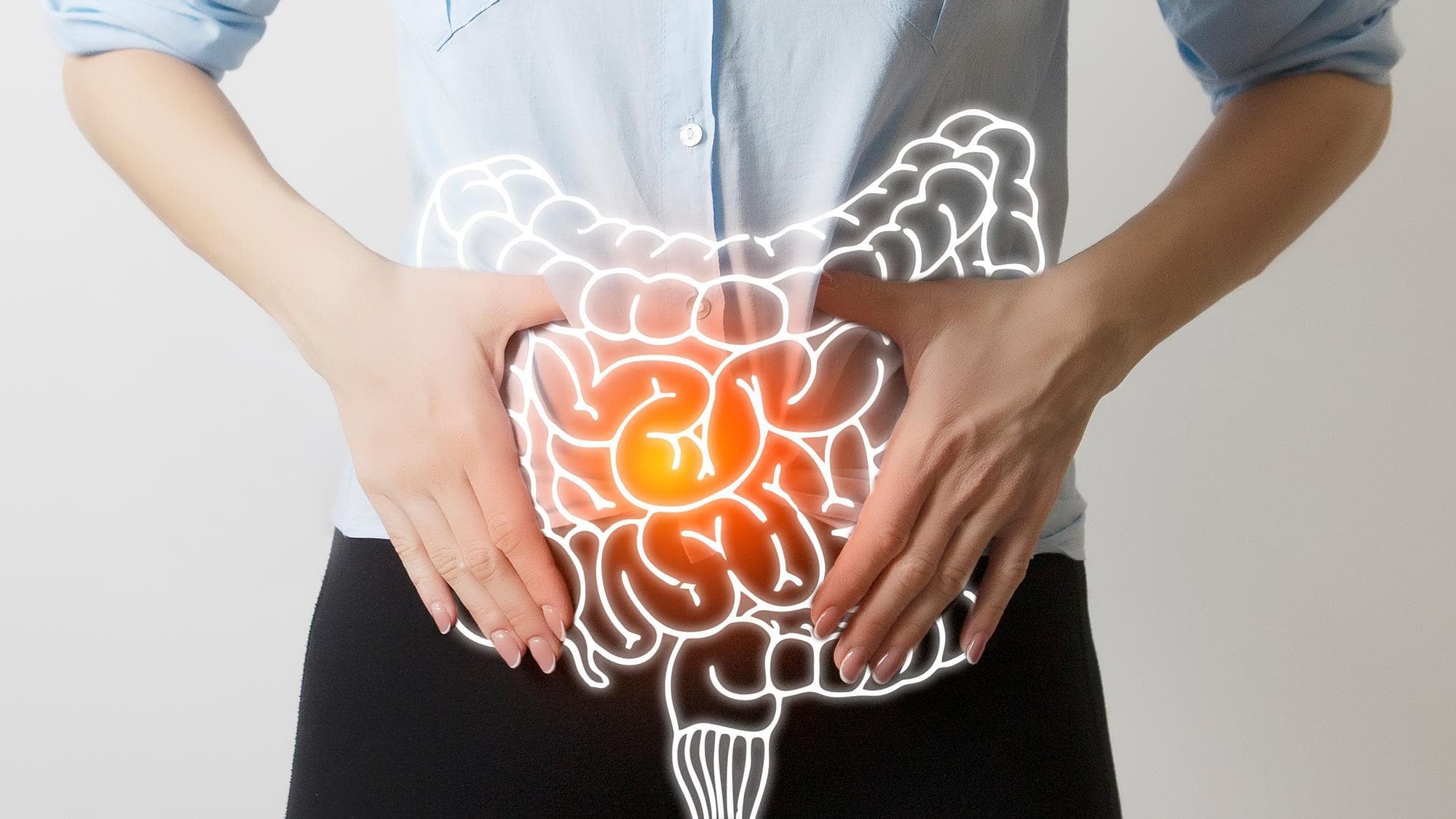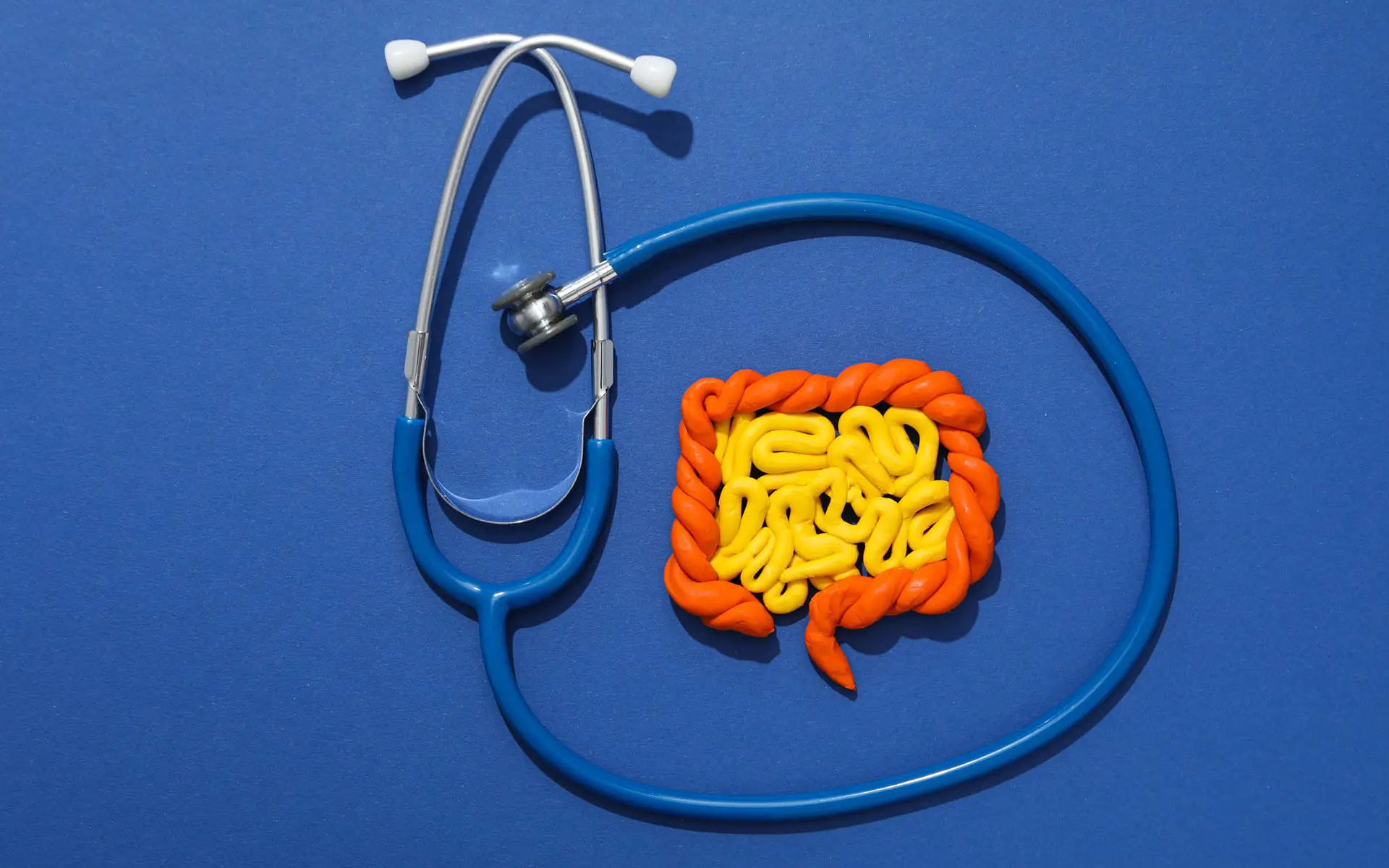
- Surrey Holistic, The Barn, Wiggins Lane, Godalming, Surrey Godalming GU7 1HL

In recent years, scientific research has uncovered the profound connection between gut health and overall well-being. The gut, often referred to as the “second brain,” plays a crucial role in digestion, immunity, mental health, and even chronic disease prevention. Gut therapy—a holistic approach to improving gut health—has emerged as a powerful way to enhance vitality, reduce inflammation, and promote long-term wellness.
In this blog, we’ll explore:
The gut microbiome consists of trillions of bacteria, fungi, and viruses that live in our digestive tract. A balanced microbiome supports:
✅ Digestion & Nutrient Absorption – Helps break down food and absorb vitamins.
✅ Immune Function – 70% of the immune system resides in the gut.
✅ Mental Health – The gut-brain axis links gut health to mood and cognitive function.
✅ Inflammation Control – A healthy gut reduces chronic inflammation linked to diseases.
When the gut microbiome is imbalanced (dysbiosis), it can lead to:
How do you know if your gut needs healing? Watch for these red flags:
🔴 Digestive Issues – Frequent bloating, heartburn, or irregular bowel movements.
🔴 Sugar Cravings – Harmful gut bacteria thrive on sugar, leading to cravings.
🔴 Fatigue & Low Energy – Poor nutrient absorption can cause chronic tiredness.
🔴 Frequent Infections – A weak gut weakens immunity.
🔴 Mood Swings – Anxiety, irritability, or depression may stem from gut imbalance.
If you experience these symptoms, gut therapy could be transformative.
A nutrient-dense, anti-inflammatory diet is the foundation of gut therapy. Focus on:
🍏 Fiber-Rich Foods – Feeds good bacteria (vegetables, fruits, legumes).
🥑 Healthy Fats – Avocados, olive oil, and omega-3s reduce inflammation.
🍗 Bone Broth – Contains collagen and glutamine to repair the gut lining.
🥛 Fermented Foods – Probiotic-rich options like yogurt, kefir, sauerkraut, and kimchi.
🚫 Avoid Inflammatory Triggers – Processed foods, sugar, gluten (for some), and excessive alcohol.
Chronic stress disrupts gut bacteria and increases intestinal permeability (“leaky gut”). Try:
Breakfast: Oatmeal with chia seeds, almond butter, and berries.
Lunch: Grilled salmon with quinoa and steamed broccoli.
Snack: Coconut yogurt with flaxseeds and a handful of walnuts.
Dinner: Chicken stir-fry with turmeric, ginger, and fermented veggies.
Drink: Herbal tea (ginger, peppermint) or kombucha.
Gut therapy isn’t just a trend—it’s a science-backed approach to revitalizing your health. By nourishing your gut with the right foods, supplements, and lifestyle habits, you can:
✔️ Boost energy levels
✔️ Improve digestion and metabolism
✔️ Strengthen immunity
✔️ Enhance mental clarity and mood
Start small—incorporate one gut-friendly habit at a time, and observe the changes. Your gut is the gateway to wellness; treat it well, and your whole body will thank you!
Have you tried gut therapy? Share your experiences in the comments!

Introduction In recent years, scientific research has uncovered the profound connection between gut health and overall well-being. The gut, often

Introduction In recent years, scientific research has uncovered the profound connection between gut health and overall well-being. The gut, often

The Gut Therapist was founded with a mission to bring clarity and healing to those suffering from chronic digestive and metabolic issues
Surrey Holistic
The Barn, Wiggins Lane, Godalming, Surrey Godalming GU7 1HL
Copyrights© 2025 The Gut Therapist | All Rights Reserved.